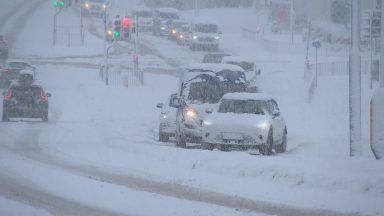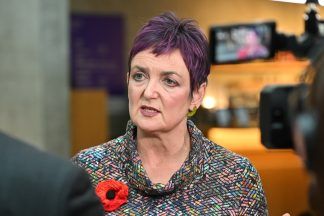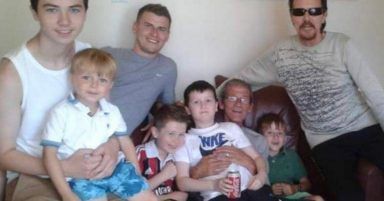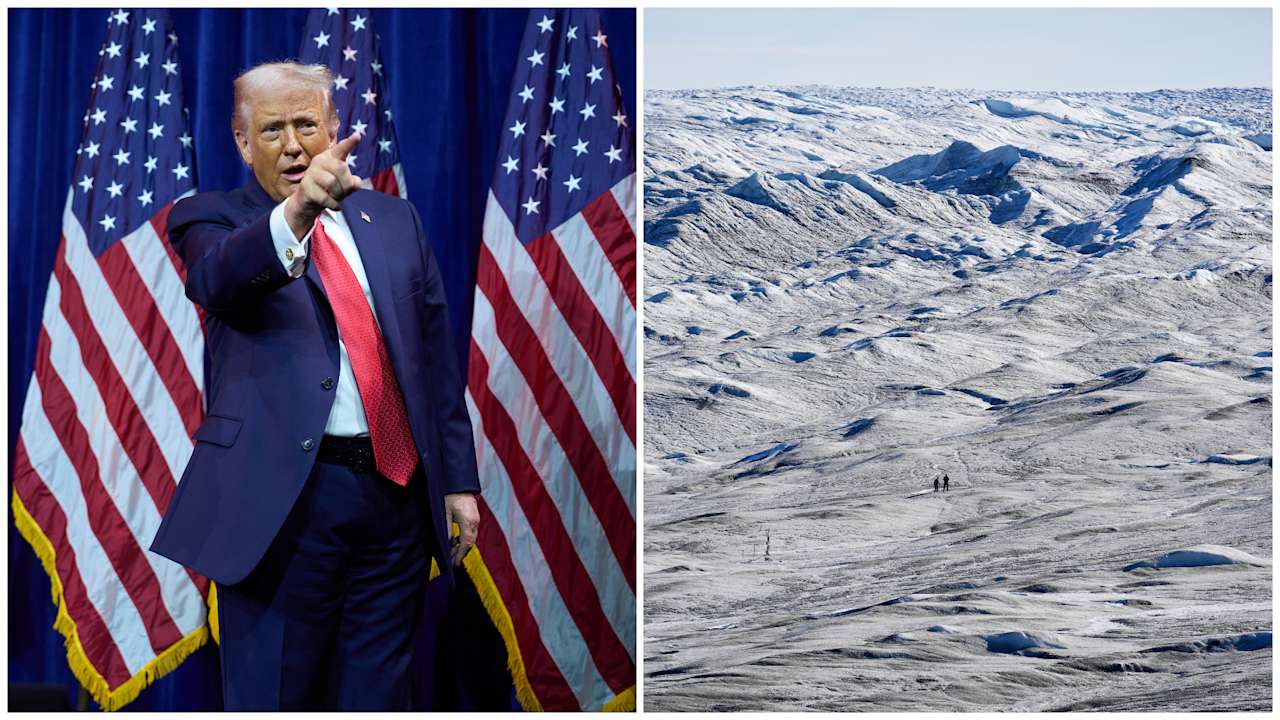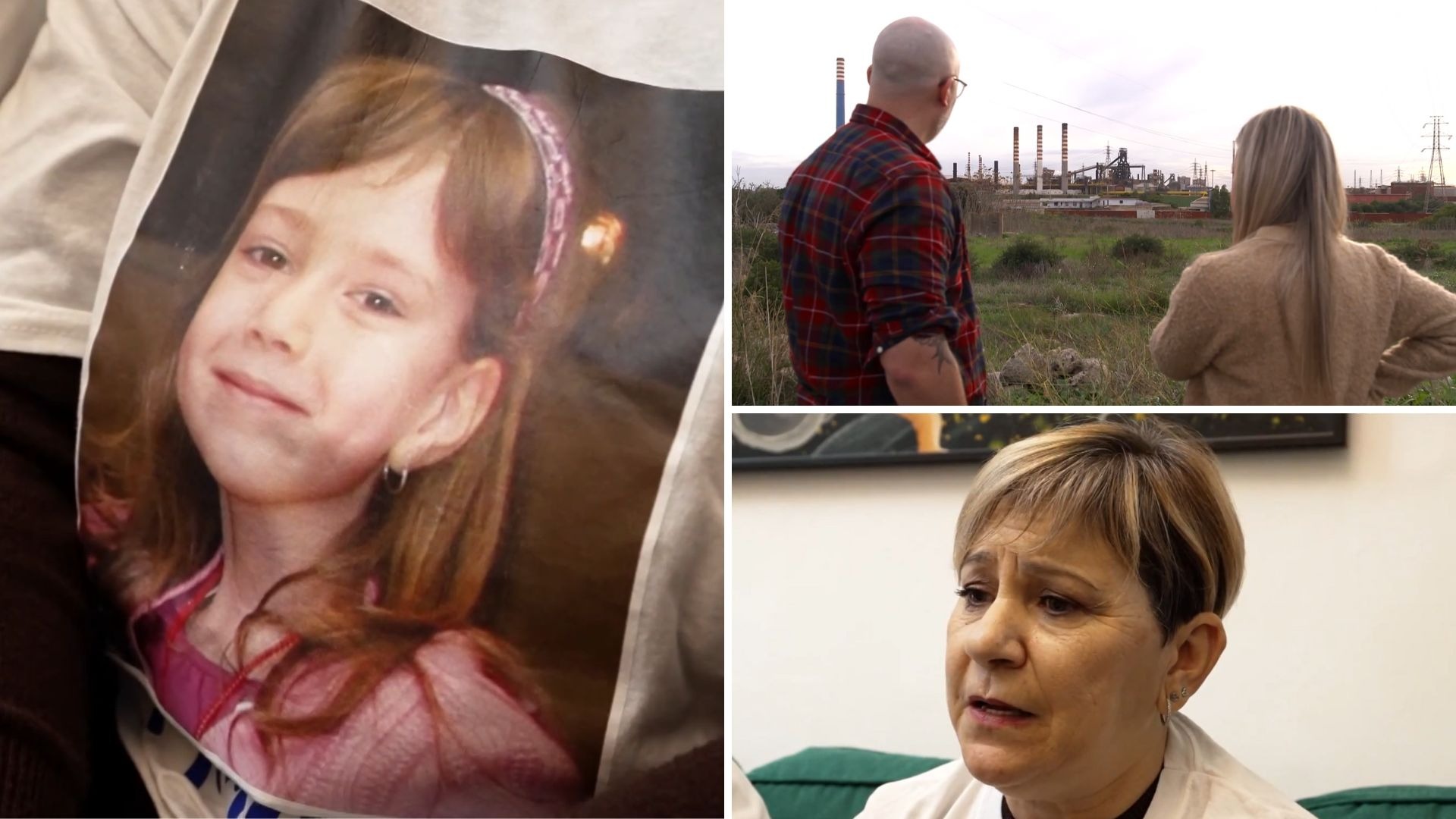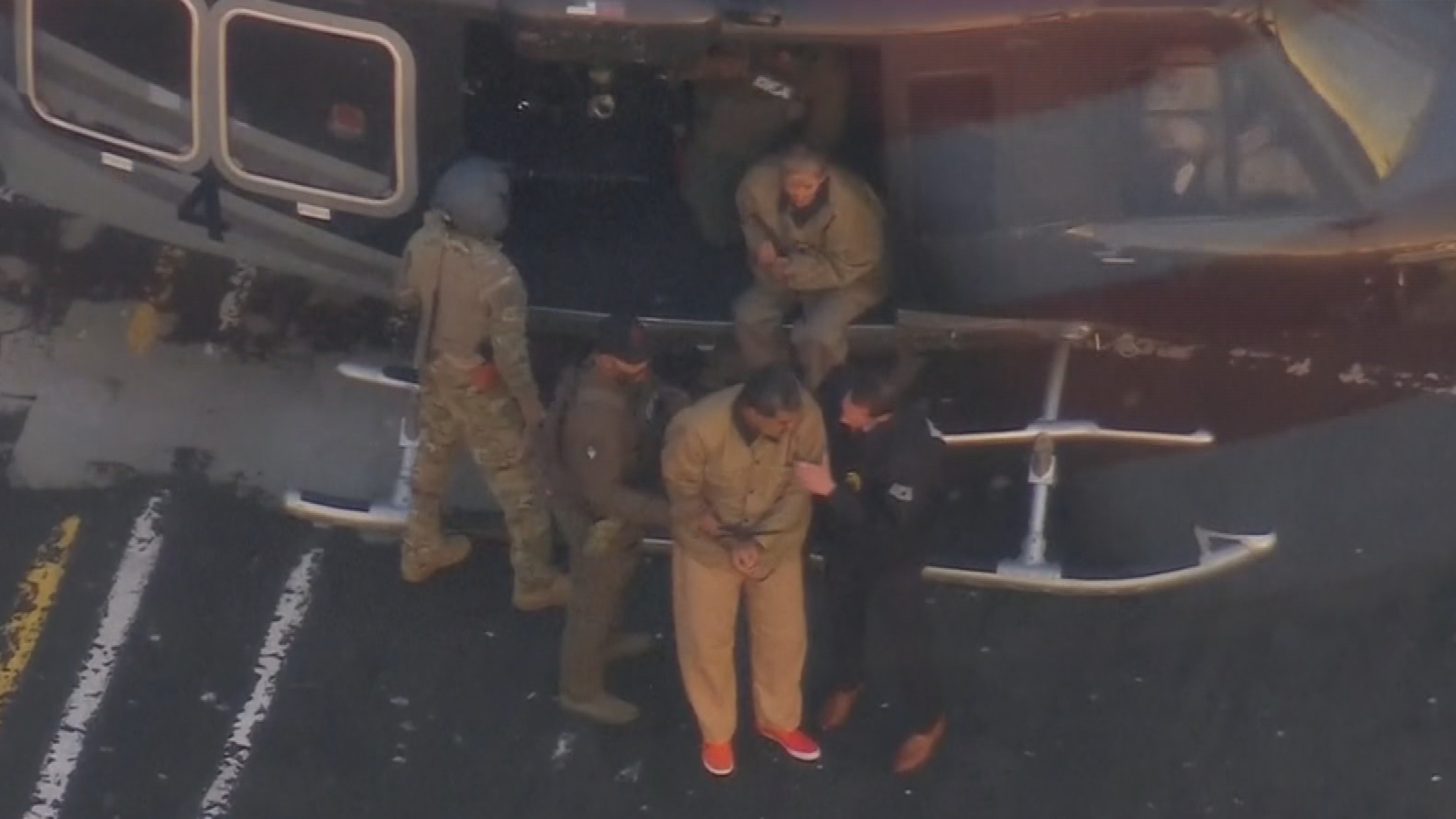The death toll from the catastrophic earthquake that hit Turkey and Syria rose to more than 15,000 as more bodies were pulled from the rubble of collapsed homes in the stricken zone.
Turkey’s disaster management agency said 12,391 people had been confirmed killed in Turkey after Monday’s early morning earthquake and series of aftershocks, which brought down thousands of buildings in south-eastern Turkey.
On the other side of the border in Syria, another 2,902 people have been reported to have been killed.
Rescue workers continued to pull living people from the damaged homes but hope was starting to fade amid freezing temperatures more than three full days since the quake hit.
It comes after the president of Turkey acknowledged “shortcomings” in his country’s response to the world’s deadliest earthquake in more than a decade.
President Recep Tayyip Erdogan visited the especially hard-hit Hatay province on Wednesday, where more than 3,300 people died and entire neighbourhoods were destroyed. Residents there have criticised the government’s efforts, saying rescuers were slow to arrive.
Erdogan, who faces a tough battle for re-election in May, reacted to the mounting frustration by acknowledging problems with the emergency response to Monday’s 7.8-magnitude quake but said the winter weather had been a factor.
The earthquake also destroyed the runway at Hatay’s airport, further disrupting the response.
“It is not possible to be prepared for such a disaster,” Erdogan said. “We will not leave any of our citizens uncared for.”
He also hit back at critics, saying “dishonourable people” were spreading “lies and slander” about the government’s actions.
Turkish authorities said they were targeting disinformation, and an internet monitoring group said access to Twitter was restricted despite it being used by survivors to alert rescuers.
Meanwhile, rescue teams in Turkey and Syria searched for signs of life in the rubble. Teams from more than two dozen countries have joined tens of thousands of local emergency personnel in the effort. But the scale of destruction from the quake and its powerful aftershocks was so immense and spread over such a wide area that many people were still awaiting help.
Rescuers at times used excavators or picked gingerly through debris. It was not clear how many people might still be trapped.
In the Turkish city of Malatya, bodies were placed side by side on the ground and covered in blankets while rescuers waited for vehicles to pick them up, according to former journalist Ozel Pikal, who said he saw eight bodies pulled from the ruins of a building.
Mr Pikal, who took part in the rescue efforts, said he thinks at least some of the victims froze to death as temperatures dipped to minus six degrees Celsius.
“As of today, there is no hope left in Malatya,” Mr Pikal said by telephone. “No one is coming out alive from the rubble.”
Road closures and damage in the region made it hard to access all the areas that need help, he said, and there was a shortage of rescuers where he was.
The region was already beset by more than a decade of civil war in Syria. Millions have been displaced within Syria itself, and millions more have sought refuge in Turkey.
Follow STV News on WhatsApp
Scan the QR code on your mobile device for all the latest news from around the country




